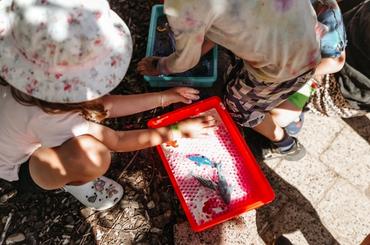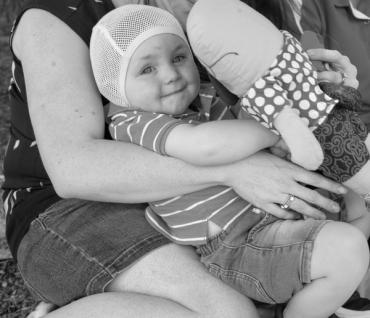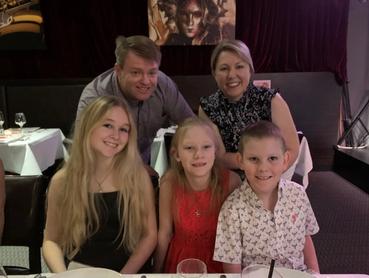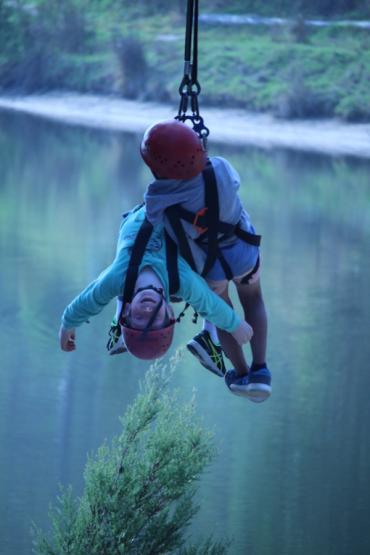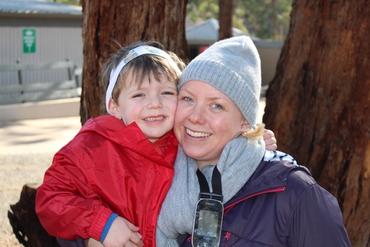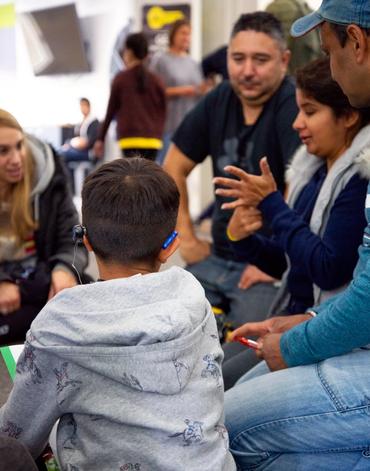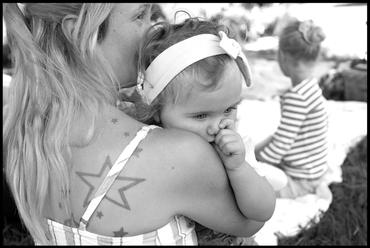Your child. Your journey.
Navigating your world with a deaf or hard of hearing child.
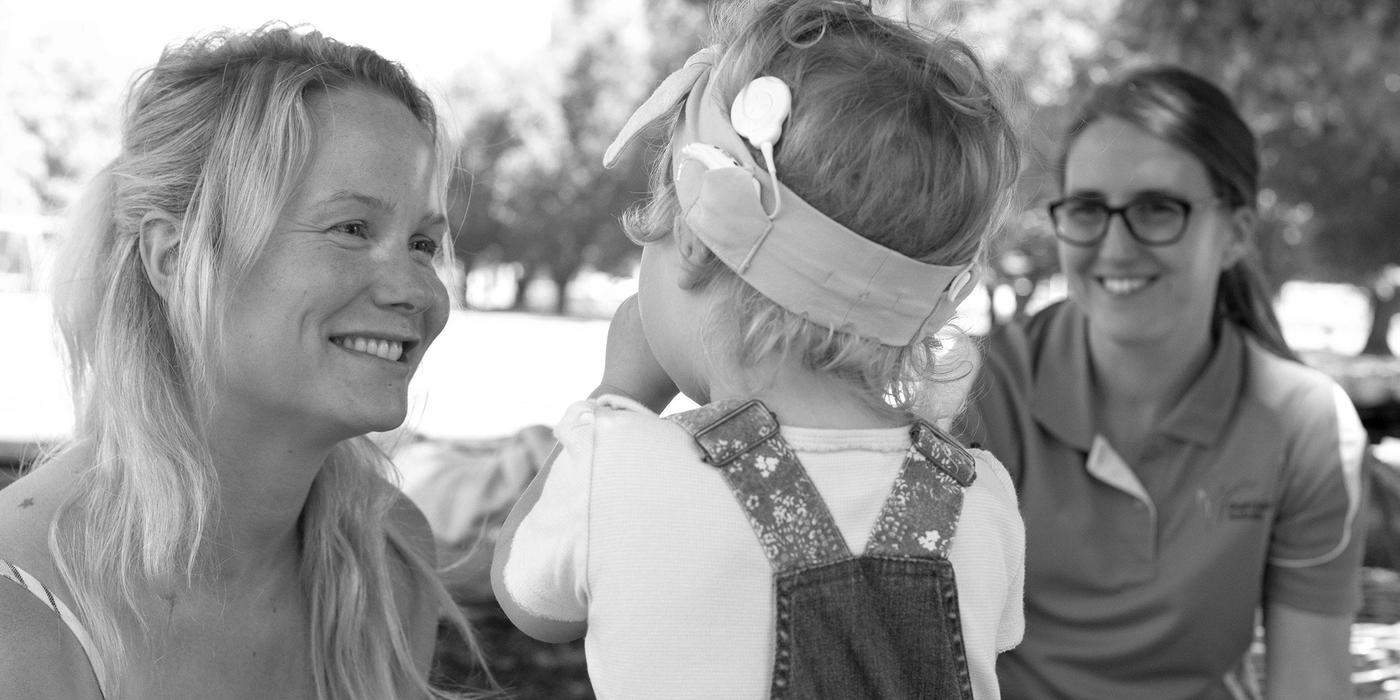
Deaf Children Australia is calling on regional, rural and remote communities to help us build relevant, useful, deaf friendly resources.
In a nationwide survey, parents of deaf and hard of hearing (DHH) children raised concerns over a “lack of deaf awareness in schools” that could be impacting their children’s learning outcomes and development.
Have your say and help us build inclusion in rural and regional communities.
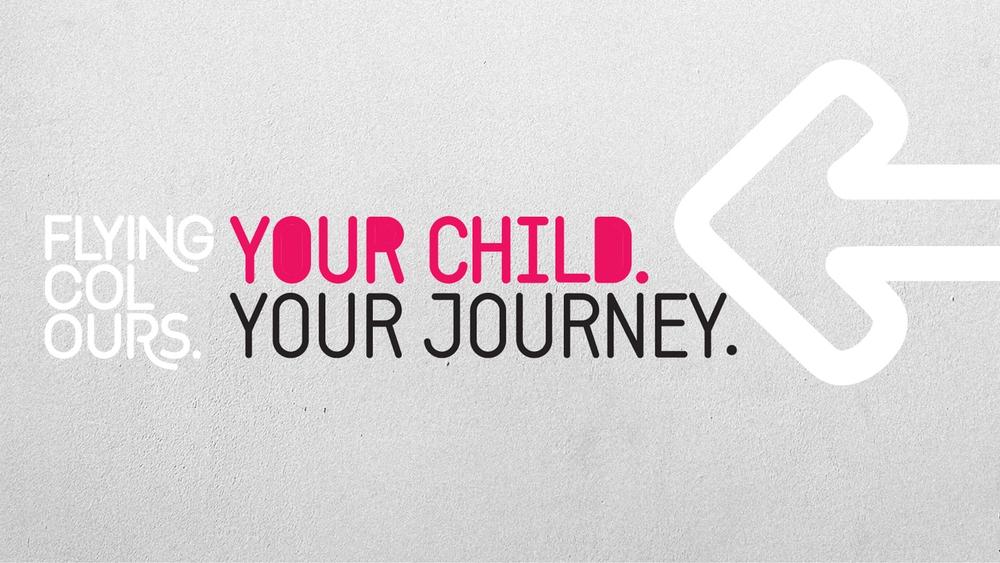
Not sure where to start?
Answer a few questions to see some great information to get you started.

Spotlight on
Stories from parents with a lived experience and articles to help you navigate a different day.
See more storiesIn other news
Just found out your child is deaf or hard of hearing?
Being told your child has a hearing loss can feel overwhelming. You’re not alone in this journey. In fact, 90% of deaf children are born to hearing parents. Flying Colours understands the emotional and practical challenges of navigating a new world of diagnoses, appointments, and decisions. That’s why we’ve created the Early Diagnosis Booklet, a heartfelt resource designed with you in mind.
First Signs - baby sign language
At around four to seven months of age, in the same way hearing babies begin to babble vocally, babies acquiring sign language begin to babble on their hands.
Our Flying Colours Champions
We are developing a team of Flying Colours Champions who can guide and mentor deaf and hard-of-hearing families in the community. Our Champions have a deep understanding of the issues, challenges and emotional impact of raising a DHH child, as seen on the Flying Colours website. Both Champions have lived experiences with a deaf child. Let's introduce you to Tamara Trinder-Scacco - based in Victoria and Stacey Johnson - based in Queensland. Stacey and Tamara are available to answer on-the-spot queries from families and provide guidance and mentoring.
Support your journey with helpful resources
- Featured resource
The Importance of Rich Childhood Experiences.
When families and communities collaborate in positive ways, a deaf child's capacity to achieve their learning potential is significantly enhanced.
Family-Centered Practice in Early Intervention: A Comparison.
Early interventions programs should offer a wide range of services to cater to the diverse needs of families and encourage parents to be more involved.
The Effects of Vocabulary Intervention.
Building knowledge of word meanings is essential in developing reading comprehension skills. Both broad vocabulary knowledge – the number of words that are known – and depth of vocabulary knowledge – how well the words are known – are important.
Virtual- based learning: A new way of learning literacy?
In this study, research-based videos supplemented with research-based classroom activities and materials may help young deaf and hard of hearing children develop key literacy and language skills.


